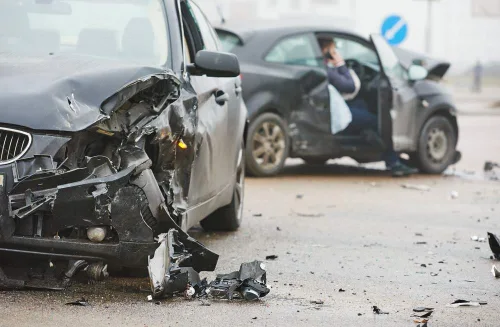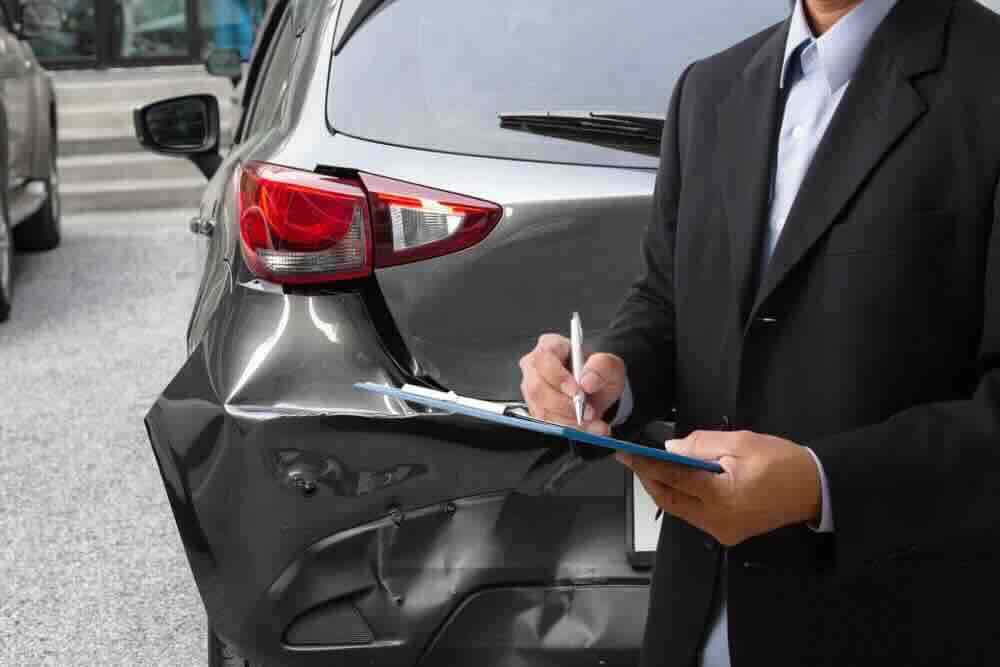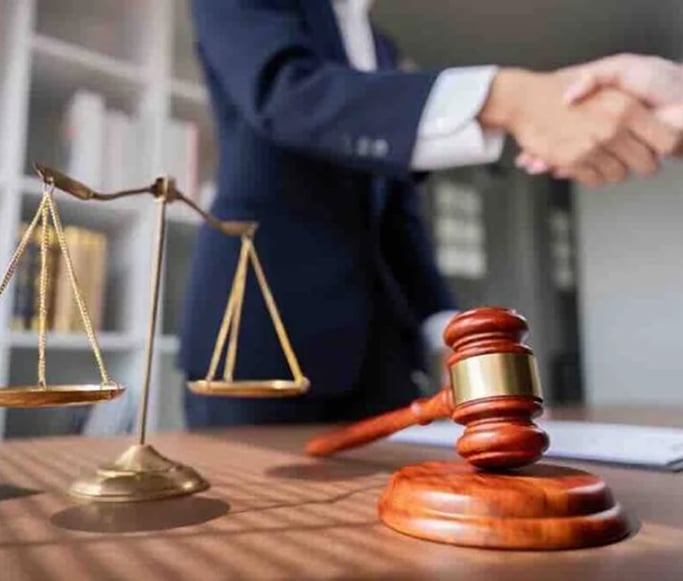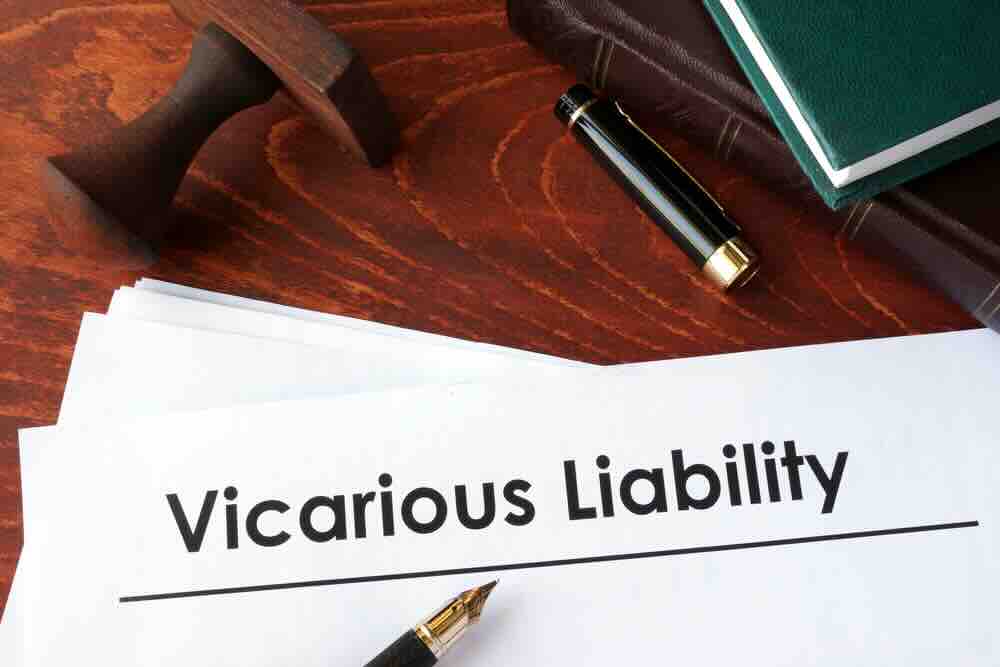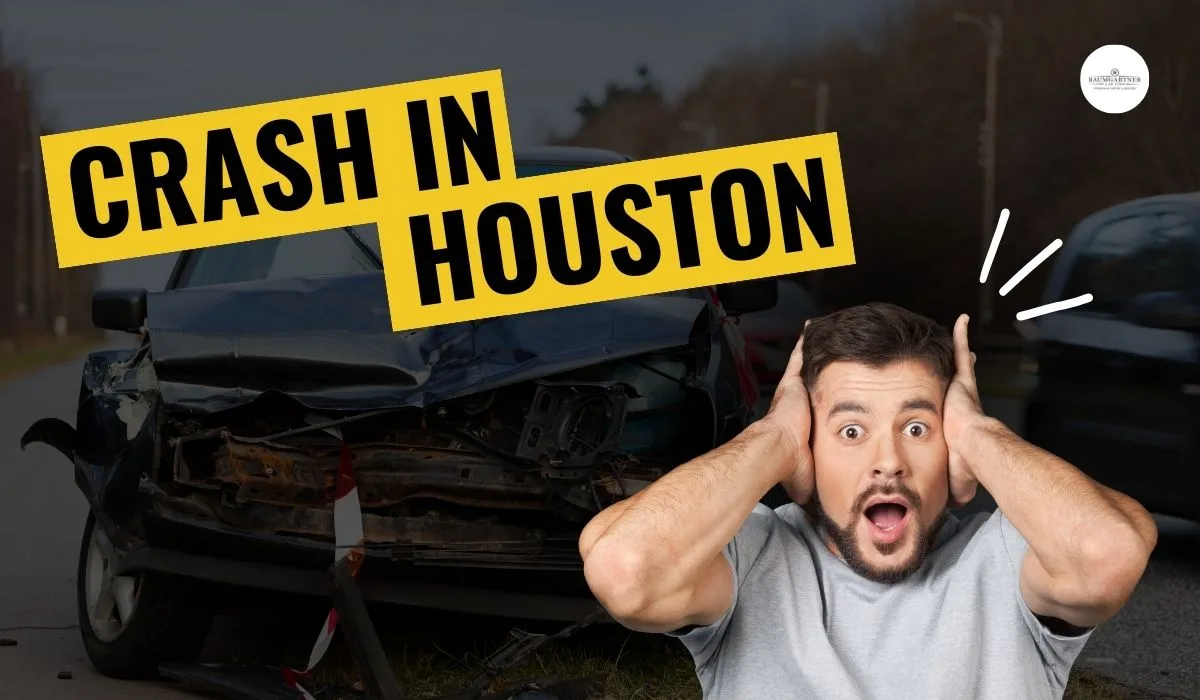Welcome to our comprehensive guide on determining fault in Houston auto accidents. Texas is not a no-fault state, so understanding the process of determining fault in Texas car accidents is crucial. At Baumgartner Law Firm, we recognize the significance of navigating the legal complexities associated with car accident cases.
Our goal is to provide you with the most up-to-date information to help you better understand the process of determining fault and empower you to make informed decisions.
Negligence- Understanding Fault in Texas Car Accidents
Determining fault in car accidents in Texas is crucial for insurance claims and potential legal action. Texas follows a “modified comparative fault” system, specifically the 51% Bar Rule. This rule states that an individual involved in an accident may seek compensation if they are found to be less than 51% responsible for the incident.
Investigating the Accident to Determine Fault
Determining fault requires a thorough investigation into the circumstances surrounding the accident. Key factors considered during this process include:
1. Police Reports: Law enforcement officers play a vital role in documenting the accident scene and gathering evidence. Their detailed reports provide valuable information that helps establish fault.
2. Eyewitness Testimonies: Statements from individuals who witnessed the accident are crucial for comprehensively understanding what transpired. Eyewitness testimonies can provide critical perspectives and support your case.
3. Physical Evidence: Physical evidence, such as skid marks, vehicle damage, and debris, can paint a clearer picture of how the accident unfolded. Experts may be called upon to analyze this evidence and provide professional opinions.
4. Photographic and Video Evidence: In the digital age, photographs and videos captured at the scene can provide compelling evidence. These visual records can help recreate the accident and establish fault more accurately.
Factors Influencing Fault Determination
Adhering to traffic laws is essential to maintaining road safety and demonstrating responsible driving. A violation of certain laws may constitute proof of negligence in Texas. Several factors are considered when determining fault in a Texas car accident:
- Traffic Laws: Violations of traffic laws, such as speeding, running a red light, or failing to yield the right-of-way, can significantly affect the determination of fault.
- Negligence: Negligence refers to a failure to exercise reasonable care. If one party’s negligence contributed to the accident, that party may be partially or entirely responsible for the resulting damages.
- Comparative Negligence: Texas follows the comparative negligence principle, which apportions fault proportionally among the parties involved. Each party’s degree of negligence is carefully evaluated to determine liability and award compensation accordingly.
- Evidence of Impairment: If evidence suggests that a driver was under the influence of alcohol or drugs, their level of impairment may contribute significantly to the fault determination process.
Examples of Finding Fault for Auto Accidents in Texas
Rear-end collision
If a driver fails to maintain a safe distance from the vehicle in front and rear-ends the car, they are often considered at fault for the accident. The assumption is that they did not leave enough room or failed to react in time to avoid the collision.
Defenses used for rear-ending collisions usually involve a claim that the vehicle in front stopped suddenly and a sudden emergency arose.
Failure to yield
When a driver fails to yield the right of way at a stop sign or traffic signal or while making a turn and subsequently causes an accident, they may be deemed at fault for not following traffic rules.
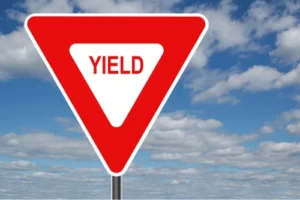
Defenses used for not yielding the right of way include that you should have seen it coming and taken evasive action.
Left-hand turns cause many car accidents when someone fails to yield the right of way.
Speeding
Suppose drivers exceed the posted speed limit and are unable to control their vehicles or react to unexpected situations. In that case, they may be held liable for an accident caused by excessive speed. The defense is that speed is rarely the sole cause of a crash. Typically, an accident involving speed by one vehicle often results from negligence by the other driver.
The Role of Insurance Companies in Determining Fault for a Car Wreck
Insurance companies’ investigation and response play a role in the aftermath of a car accident. They typically conduct their investigations to determine who is responsible for the incident. The adjuster for the other guy’s insurance company is not on your side! Insurance companies prioritize their interests, and their findings may not always align with your perspective. Multiple parties are involved in an injury claim, making the process significantly more complex.
Legal Assistance and Seeking Compensation
If you have been hurt in a car accident in Texas, seeking legal representation is crucial to protecting your rights. Here are situations when hiring a car accident lawyer is necessary. An experienced car accident attorney can help:
– Investigate the accident thoroughly, getting evidence to support your claim.
– Negotiating with the insurance companies to get fair compensation.
– Represent you in court, and fight for total compensation if the case can’t be settled fairly.
Understanding Fault is Vital for a Car Crash Claim
Anyone involved in a Texas car accident must understand how fault is determined. By familiarizing yourself with the process and seeking professional legal assistance, you can confidently navigate the complexities and protect your rights.
Do not delay contacting the best injury attorney; you only have so long to pursue a claim.
Call the Auto Accident Lawyer in Houston at Baumgartner Law Firm for Help!
At Baumgartner Law Firm, we are committed to delivering the highest quality representation during this challenging time.
Contact the experienced Houston personal injury law firm of Baumgartner Law Firm at (281) 587-1111.
6711 Cypress Creek Pkwy
Houston, TX, 77069
Visit Our Law Firm in Houston


